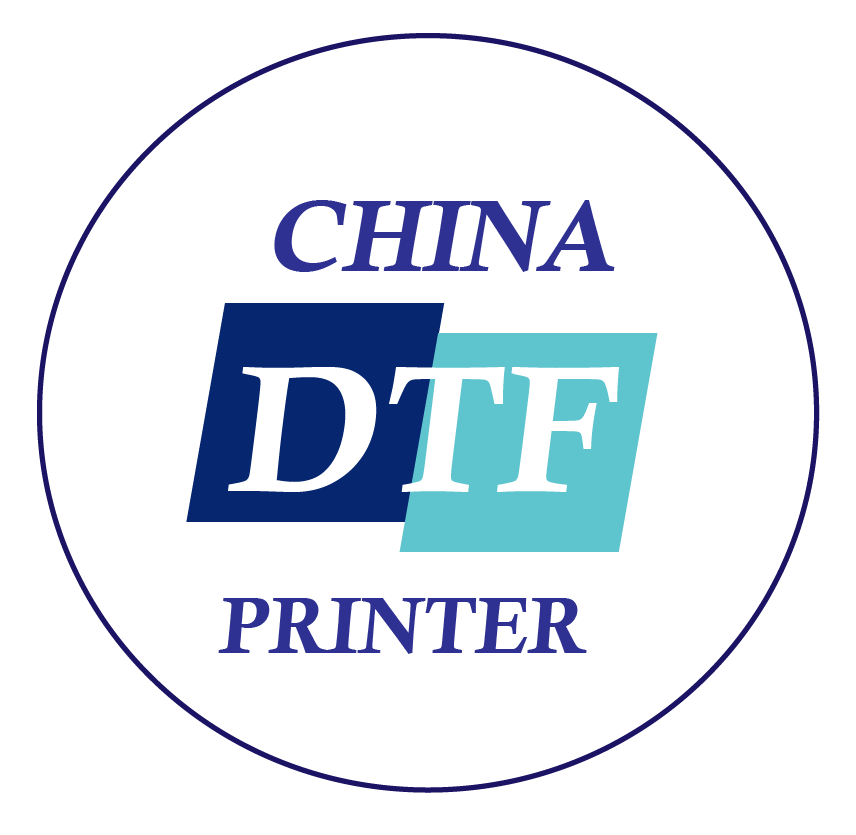In today’s rapidly evolving digital printing landscape, Direct to Film (DTF) printing technology has emerged as a game-changer, especially for small businesses looking to scale up their custom apparel offerings. DTF printing, known for its versatility and efficiency, enables entrepreneurs to print vibrant, high-quality designs on a variety of fabrics without the need for pretreatment. This makes it an attractive option for small businesses aiming to diversify their product lines and enhance production efficiency. If you’re considering integrating DTF printing into your operations, selecting the right printer is crucial. This article will guide you through the key factors to consider when choosing the best DTF printer for your small business, ensuring that you make an informed investment that aligns with your business goals.
Understanding DTF Technology
Before diving into the specifics of selecting a printer, it’s important to understand what DTF printing entails. DTF involves printing a design onto a special film, then transferring that design onto a fabric using adhesive powder and heat. This technology supports a wide range of textiles, including cotton, polyester, and blends, making it highly versatile for printing on t-shirts, hoodies, and more.
Key Considerations for Choosing a DTF Printer
1. Print Quality and Color Accuracy
The cornerstone of any successful printing business is the quality of its prints. Look for printers that offer high resolution and color accuracy. A printer that can produce crisp, vibrant, and consistent prints will ensure your products stand out in the market. Consider printers with advanced ink circulation systems to maintain ink quality and consistency over time.
2. Production Capacity and Speed
Your business’s scale and the volume of orders you intend to fulfill will determine the production capacity you need. Assess the printer’s speed and efficiency—how many garments can it print per hour or day? Opting for a printer that balances speed with quality is vital for meeting customer demands without compromising on print quality.
3. Material Compatibility
The ability to print on a wide range of materials is one of the significant advantages of DTF technology. Ensure the printer you choose can handle the types of fabrics most relevant to your product line. Some printers are better suited for light fabrics, while others excel with heavier materials.
4. Ease of Use and Maintenance
For small businesses, where the focus is on productivity and minimizing downtime, the ease of use and maintenance of the printer are critical. Look for printers with user-friendly interfaces, straightforward setup processes, and minimal maintenance requirements. Additionally, consider the availability of customer support and maintenance services from the manufacturer.
5. Cost Efficiency
While the initial investment is a crucial consideration, think about the overall cost efficiency of the printer. This includes not only the purchase price but also the ongoing costs related to ink, transfer film, adhesive powder, and maintenance. A cost-effective printer can significantly impact your business’s profitability in the long run.
6. Sustainability
With an increasing emphasis on sustainability in the apparel industry, consider the environmental impact of the printer. This includes the energy efficiency of the machine, the type of inks used, and the recyclability of the consumables. Choosing a printer that aligns with sustainable practices can not only reduce your business’s environmental footprint but also appeal to eco-conscious consumers.
Top DTF Printer Recommendations for Small Businesses
While specific models and brands will vary based on your region and the latest market releases, some widely recognized names in the DTF printing industry include Epson, Brother, and Roland. These manufacturers are known for their reliability, quality, and support services. It’s advisable to conduct thorough research, read reviews, and, if possible, see the printers in action before making a decision.
Conclusion
Choosing the right DTF printer for your small business is a decision that requires careful consideration of various factors, including print quality, production capacity, material compatibility, ease of use, cost efficiency, and sustainability. By prioritizing these elements in your selection process, you can ensure that your investment not only meets your current needs but also supports your business’s growth and success in the competitive landscape of custom apparel printing. Remember, the best DTF printer is one that aligns with your business objectives, enhances your production capabilities, and ultimately contributes to your bottom line.
